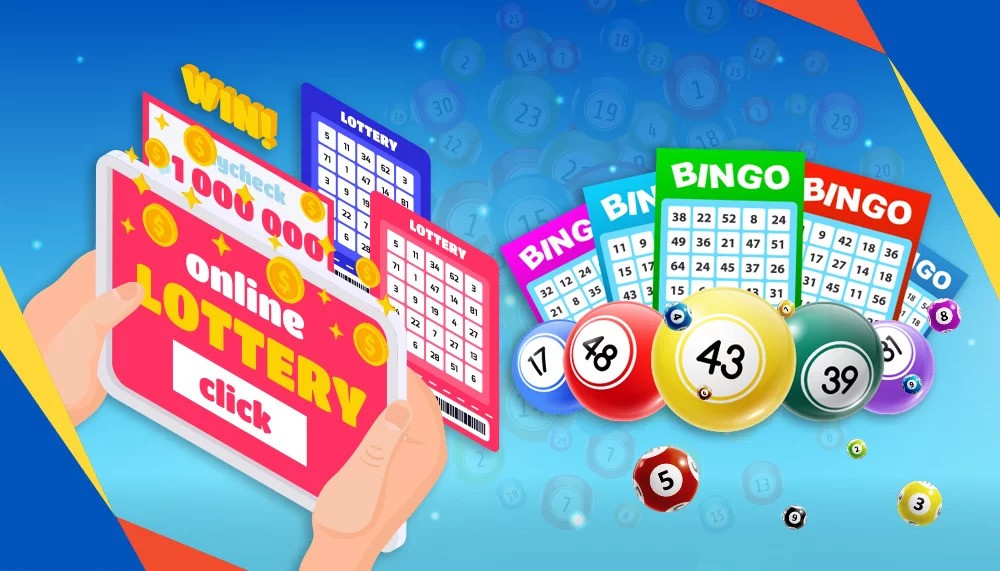The lottery has long been a popular form of gambling, offering players the chance to win life-changing sums of money for a small investment. Traditionally, lotteries required players to buy physical tickets at designated outlets, but the advent of the internet has transformed this landscape. Online data sydney platforms have emerged, allowing players to participate in various lotteries from the comfort of their homes. This article explores the evolution of online lotteries, their benefits, challenges, and future prospects.
The Evolution of Lottery
Lotteries date back to ancient times, with the first recorded lottery taking place in China around 205–187 BC. In the modern era, government-sanctioned lotteries became popular in Europe in the 15th century, with revenues supporting public projects and initiatives. However, it was not until the late 20th century that lotteries started embracing technology, paving the way for online platforms.
The first online lottery was launched in the mid-1990s, allowing players to purchase tickets via the internet. This innovation provided a convenient alternative to physical ticket purchases and quickly gained popularity. As technology evolved, so did the online lottery experience, incorporating features such as mobile apps, live draws, and interactive gameplay.
Benefits of Online Lottery
- Convenience: One of the most significant advantages of online lotteries is convenience. Players can purchase tickets anytime and anywhere, eliminating the need to travel to a physical location. This accessibility has opened the lottery to a broader audience, including those who may not have had the opportunity to participate in traditional lotteries.
- Variety of Options: Online lottery platforms often offer a wider range of games than traditional retailers. Players can choose from national, regional, and international lotteries, with varying jackpot sizes and odds. This variety appeals to different player preferences and increases the chances of finding a game that suits their interests.
- Secure Transactions: Online lottery operators implement advanced security measures to protect players’ data and financial transactions. Players can enjoy peace of mind knowing that their information is safe, which is crucial in a world where online fraud is a growing concern.
- Instant Results and Payouts: Online lotteries provide players with instant results, allowing them to check if they have won shortly after the draw. Many platforms also offer immediate payouts for smaller winnings, making it easier for players to access their funds.
- Enhanced Features: Online lotteries often include additional features such as subscription services, where players can automatically enter draws over a specified period. Some platforms also provide social gaming options, allowing players to participate in lottery pools or syndicates, increasing their chances of winning.
Challenges Facing Online Lotteries
Despite the numerous benefits, online lotteries also face challenges:
- Regulatory Issues: The legality of online lotteries varies by jurisdiction. Some countries have embraced online lottery gaming, while others have strict regulations or outright bans. This patchwork of laws creates challenges for operators and players alike, as individuals must navigate the legal landscape to ensure compliance.
- Problem Gambling: The ease of access to online lotteries can lead to increased gambling-related issues. Operators have a responsibility to promote responsible gaming practices and provide resources for players who may be struggling with addiction.
- Fraud and Scams: The online gambling industry is not immune to fraud. Unscrupulous operators may attempt to exploit players, either through fake lottery schemes or by withholding winnings. It is essential for players to choose reputable platforms that are licensed and regulated.
- Technological Barriers: While many people have access to the internet, not everyone has the necessary technology or knowledge to participate in online lotteries. Digital divides can exclude certain demographics, particularly older adults or those in rural areas with limited internet access.
